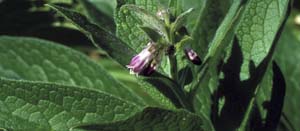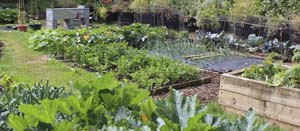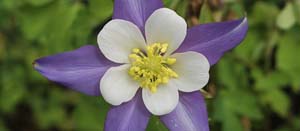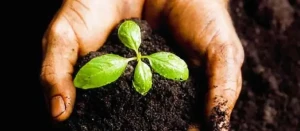SEARCH RESULTS > ARTICLES > Information
Creating well-draining soil in your garden is essential for the health of your plants, as it allows excess water to move away from the root zone, preventing waterlogged soil. Here are steps to achieve well-draining soil. Learn More
Companion planting is a gardening practice where you strategically plant different types of crops near each other to take advantage of the potential benefits they can offer each other. This can include improving growth, deterring pests, enhancing flavor, and maximizing space. Here's why and how you can use companion planting in your garden. Learn More
The microbiome in your garden soil refers to the diverse community of microorganisms that inhabit the soil. These microorganisms play a crucial role in maintaining soil health, nutrient cycling, and plant growth. The soil microbiome consists of various organisms, including bacteria, fungi, archaea, viruses, and microfauna (such as nematodes and protozoa). Here are some key points about the microbiome in garden soil. Learn More
Setting up an edible garden can be a rewarding and sustainable way to grow your own food. Learn More
Annual plants are a type of plant that completes its entire life cycle, from germination to flowering and seed production, within a single growing season. These plants are known for their relatively short life spans, typically lasting for one year or less. Learn More
Restoring soil health in your garden is essential for maintaining fertile and productive land. Here are 13 steps to help you improve and restore your garden soil Learn More





